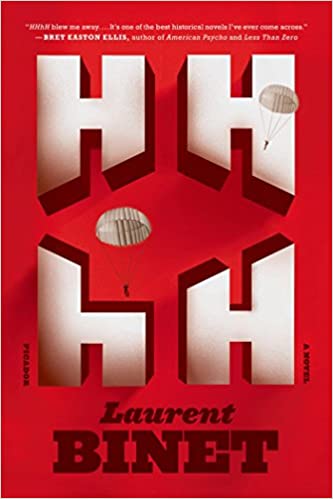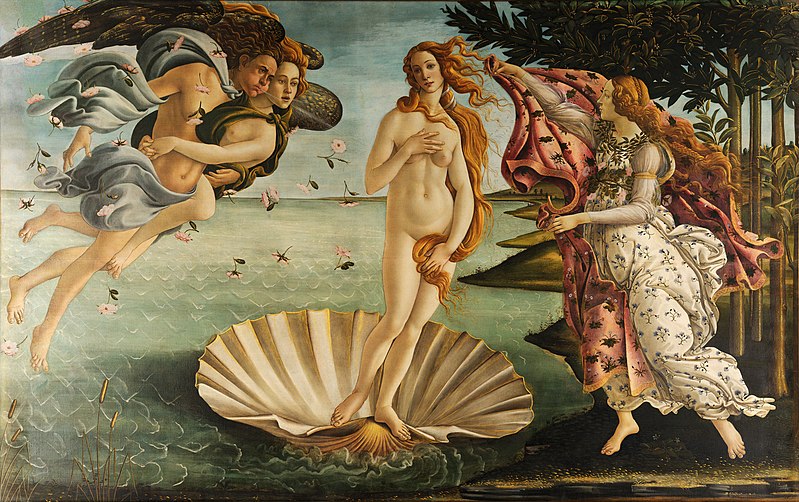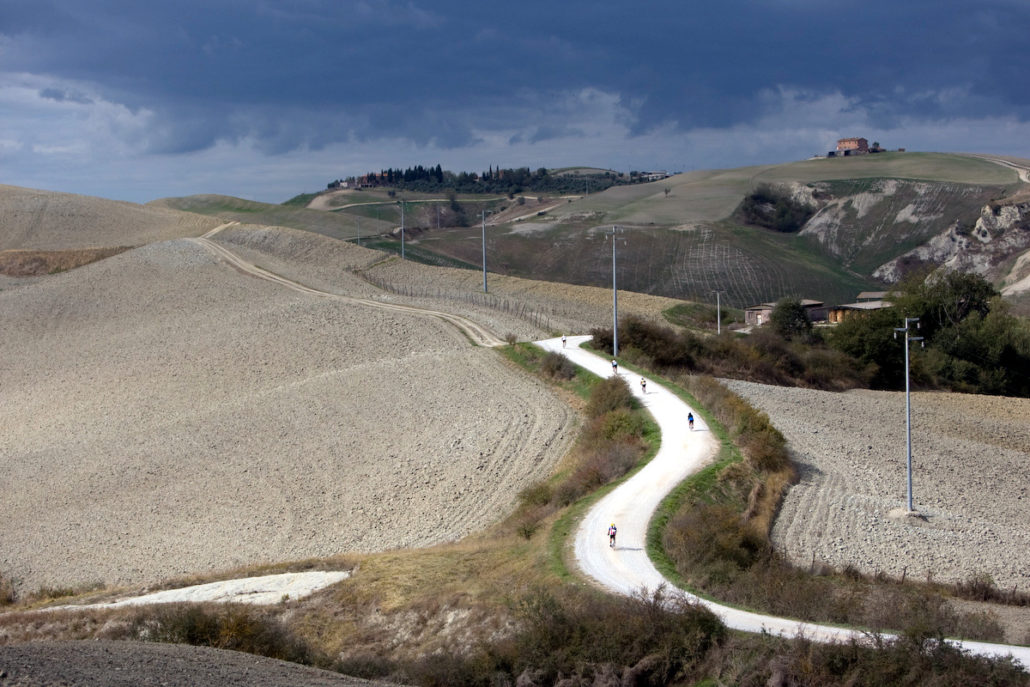In case you’re new to Medium Cool, BGinCHI is here once a week to offer a thread on culture, mainly film & books, with some TV thrown in. We’re here at 7 pm on Sunday nights.
Next semester I’m teaching a class I’m calling Real Fictions. It will be anchored by Laurent Binet’s brilliant novel HHhH, which is fiction based on historical facts, featuring a narrator who relentlessly interrogates the very idea of whether fiction ought to take on factual subjects.
Instead of autofiction (where the writer offers a realistic, often blow by blow account of his/her life experience, most recently popularized by the Norwegian writer Karl Ove Knausgård), I’m interested in texts that are more historical, especially ones that foreground the question of how we know the past, how history is constructed through narrative, etc.
So let’s discuss this subject. What novels or other written fictions can you think of that deal with this subject? Are there films and other media that do this too?
Medium Cool with BGinCHI – Real FictionsPost + Comments (135)








